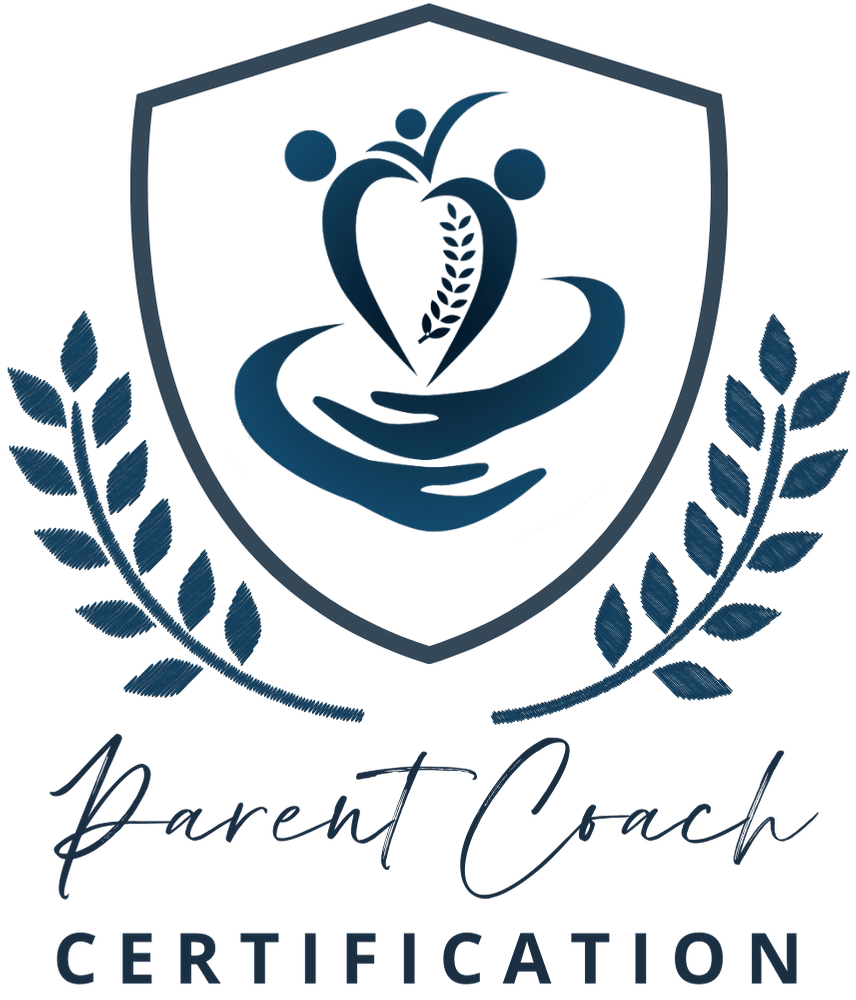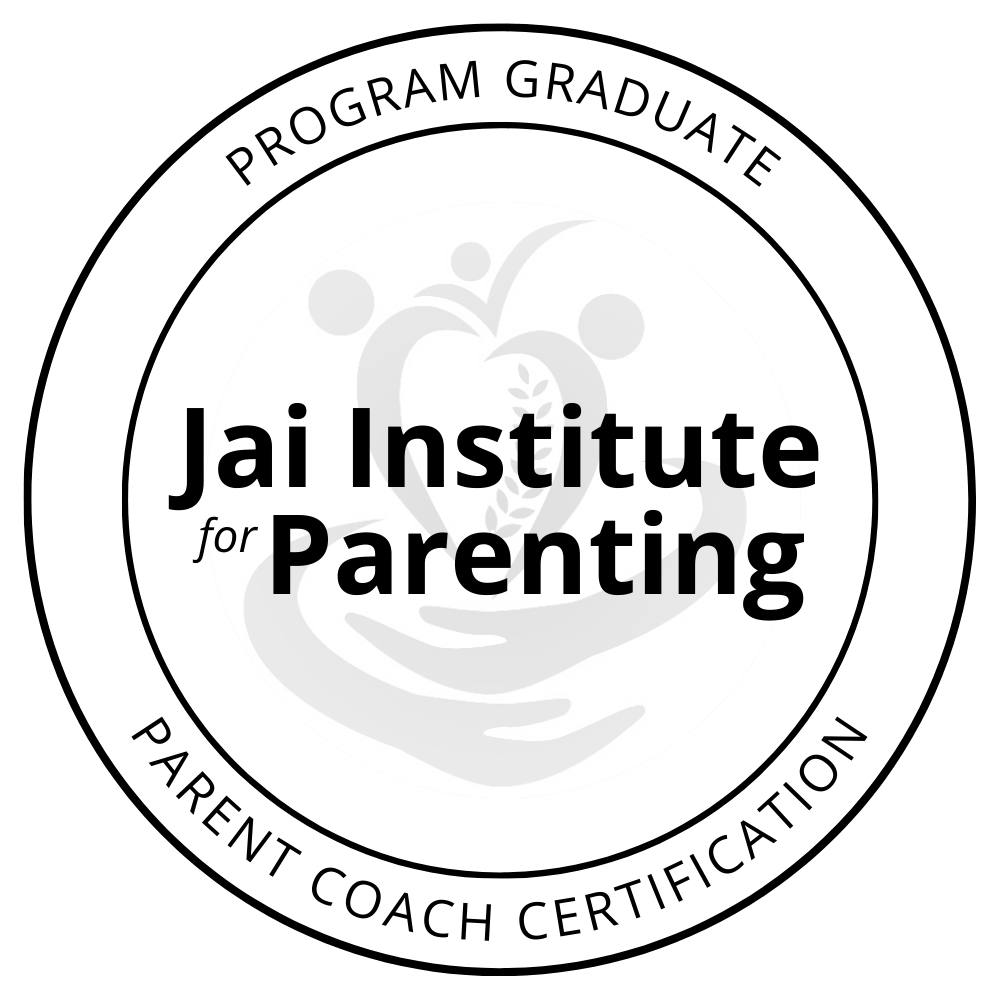Power With Parenting
The Evolution of Parenting Styles
Every generation wants to improve on raising children. In the past, parents used corporal punishment. When I was growing up in the ’70s, in a middle-class, white family, beating a child was frowned upon, but a swat with a wooden spoon or a flip-flop kept some of us in line. My peers raising children in the 90s/00s realized physically harming a child was wrong. We had The Nanny putting kids in the “Naughty Chair” or other versions of time-outs. Parents used all these techniques to gain control, order, and peace in the household.
Parents have the best intentions. Unfortunately, society pressures parents to “get control” of their children. When a child has suboptimal behavior, we look to the parent and ask what they are doing wrong. With corporal punishment off the table, parents struggle with gaining control. I have had many conversations with parents about how to get their children to do what they ask. In my personal experience in parenting, I found myself with strong emotions when my child didn’t “listen.” When gentle but firm limits were tested and broken, I found myself trying to instill harsher punishments. As my child grew and the stakes got higher, a pretty dismal vision of their future led me to seek a different way. In my search, I found the Jai Institute for Parenting and a deep understanding of Empowered Parenting. After going through the Transforming Parenting Course, I continued and trained to become a certified parent coach. The information I have now is the next step in the evolution of parenting. I hope to share my knowledge with as many people as possible!
My parent coach training taught me about the Parenting Power Continuum. Experts have developed three basic parenting styles,
Power Over, Power Under, and Power With parenting. It is very common and expected to find yourself in each of these dynamics on any given day. Empowered Parenting aims to strive for
Power With
parenting and to recognize and understand why you might fall into Power Under or
Power Over. Daniel Siegal, the author of the Whole Brain Child, explains the importance of secure attachment for your child’s optimum brain development. Power with Parenting is the best way to achieve secure attachment.
The Three Dynamics Explained:
Power Over Parenting - Authoritarian
- Minimal Space for a child’s feelings, thoughts, or needs.
- The parent is at the top of the hierarchy; the child is at the bottom
- Children must be trained to be “good”
- Parents must rule with “rule with an iron fist” so their child does not turn out “spoiled or entitled”
- The parent’s nervous system is in “fight” mode
- Love and acceptance are conditional on a child’s behavior, achievement or success.
- Parents act from fear and use fear to control their child’s behavior
Power Under Parenting - Permissive
- Parents struggle with being present, physically or emotionally, and children are expected to “raise themselves”
- Parents may struggle to set boundaries. Feelings of overwhelm cause them to choose the path of least resistance.
- Fear their child’s rejection or emotional abandonment, so they don’t say anything that will upset their child.
- Fear of conflict may keep them quiet
- Fear they are incapable may cause them to hold back and not work together with their children
Power With Parenting is based on the parent-child connection with the idea that cooperation comes when a child feels safe. What sets it apart from past paradigms is that parents look beneath their children’s behaviors and into the deeper internal social-emotional and neurological development. The power with approach considers the individual needs of each family member. Instead of asking, “Why won’t my child do what I ask?” We consider where our child is developmentally and ask, “What does my child need to complete my request?” It also supports us in reflecting on whether the request itself is reasonable. When we use this approach, we set limits based on our core values that make sense for our family and the situation.
A variety of reasons might get in the way of becoming an Empowered Parent. There is no shame, blame, or guilt when we fall into either power over
or under parenting. We are not “failing at parenting” when we do. The goal is to be aware, get curious about why, show compassion for ourselves, and reflect on how to build a connection with our children. A trained parent coach can create a safe space to help you explore other possibilities, untangle the complicated unconscious patterns and support you in finding solutions.
For more information or any parenting support, schedule a time here: https://calendly.com/bmeghan414
Meghan Brand Stauf | Privacy Policy











